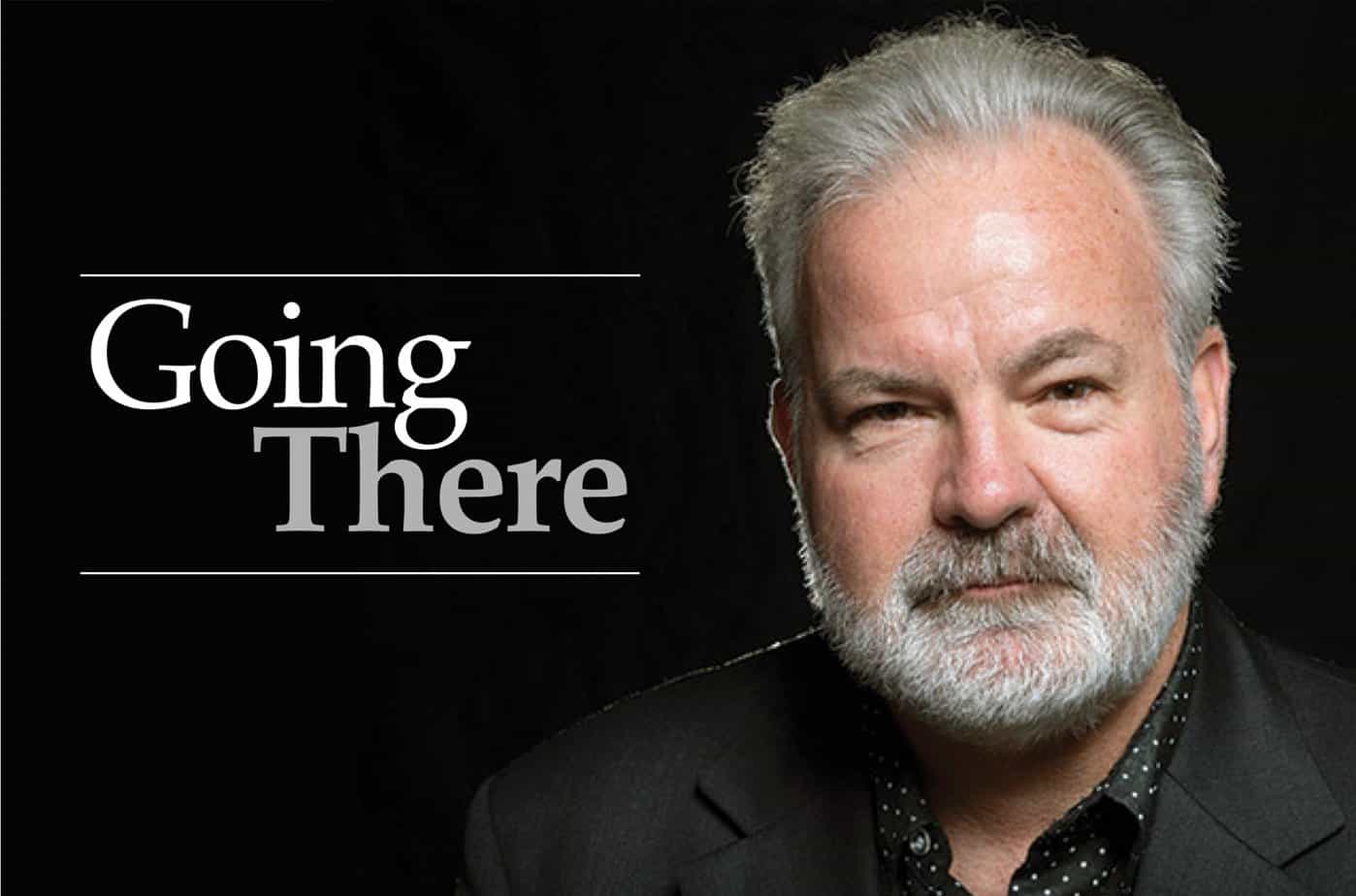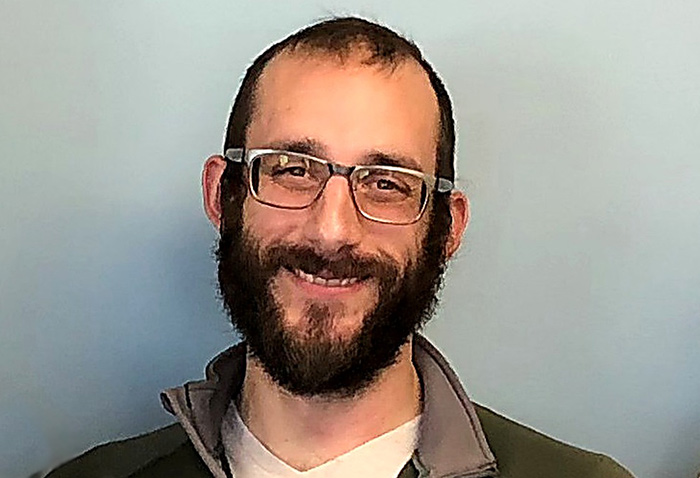Something has to give: start with empathy

by Mick Rhodes | editor@claremont-courier.com
Last week I wrote about our neighbor, Cash Whiteley, who is having a hard time, and has been for a very long while.
The 59-year-old unhoused man has been suffering with a shockingly gruesome open wound on the left side of his face for four years. The medical runaround is quite literally killing him.
After seeing the story, a friend of his from St. Ambrose church drove him to L.A. County-USC Medical Center’s emergency room on Tuesday, where he was reportedly seen by a doctor and began the process of having the wound cared for.
On Friday, Cash called me to report his social worker had dropped him off at L.A.’s Union Rescue Mission so that he could be seen at its dental clinic, but that he’d walked out after becoming overwhelmed by the paperwork involved, and his social worker was gone. I called his social worker both to confirm Cash’s version of events and find out why she left him there, but she did not get back to me.
The rest of Friday was spent trying to get Cash back to Claremont, which only happened due to the generosity and legwork of the COURIER’s Tom Smith.
I hope to one day write the joyous epilogue to Cash’s story in which he’s healthy, productive, and has a place to stay. He’s not there yet.
But no matter how it turns out, one thing we can all agree on is it’s a crime that it took four years to get any momentum created toward healing his now life-threatening wound.
But that’s the world we live in. Quality medical care is for the lucky few. If you have money and insurance, seeing a doctor is a breeze. If not, Godspeed and there’s the door. As Cash put it, “If you’re homeless, who cares?”
Yes, Medicaid helps millions, but this is a big country, and not everyone has the means or knowhow to get coverage. According to Stanford University’s Institute for Economic Policy Research, “about 25 percent of all homeless adults in Los Angeles County had severe mental illnesses such as a psychotic disorder and schizophrenia and 27 percent had a long-term substance use disorder. Moreover, a higher percentage of so-called chronically homeless have drug addiction, a severe mental illness, or both.”
Just because it’s available doesn’t mean a person is able to make it happen on their own.
It’s clear our country’s healthcare system is broken. We’re just bad at taking care of our people, physically and mentally. And for those in poverty — the very population that needs it most — it’s getting worse.
Activists, trade organizations, the World Health Organization, and most Americans contend healthcare is a human right. They are correct.
If we can’t rally to the defense of the defenseless, then who are we?
The United States, with its bulging economic and military power, allows its people to die from preventable diseases. Why? Because somewhere along the line over the last 246 years healthcare became a commodity, just like soybeans or crude oil. (Let’s save the conversation about wealth inequality and starvation for another time.)
The United States goes to great lengths to take care of corporations, but its people are on their own.
I see the benefit of having a great big, stampeding economy. It beats the alternative. But only a few share in the rewards. While corporate America reaps record profits, wealth is becoming ever more concentrated at the tippy-top of our population. And every day skyrocketing medical and housing costs push good health and housing security further and further from those at the bottom.
One has to wonder if GDP is an accurate measure of the health of our nation. Spoiler: it’s not.
The collateral damage from decades of evangelizing the economy over all else is just everywhere. We turn away from the “wounded walkers” at stoplights, unable to meet their gaze. Why? Because as Cash told me, we “don’t want the responsibility that comes with it.”
I’m part of the problem too. I spent a long time doing practically nothing. I do a little now, but not nearly what I could. The urge to turn away is strong, even for me.
Many are doing good work to help address this problem, including the Los Angeles Homeless Services Authority, one of very few organizations that consults directly with formerly unhoused persons when making policy through its Lived Experience Advisory Board. The City of Los Angeles is home to some 63,706 unhoused persons, a total second only to New York City. California has spent billions to help, and still the numbers increase.
All the while, healthcare has become more expensive.
Access to mental health care has become a priority for many since COVID-19 threw a lot of us into a tailspin, and providers such as Kaiser are scheduling non-emergency mental health-related appointments months down the line.
If you’re feeling bewildered by this tirade, I suggest a trip to L.A.’s Skid Row. According to The Union Rescue Mission, which has been serving Los Angeles for 129 years, Skid Row is between 3rd and 7th streets to the north and south, and Alameda and Main streets to the east and west.
I promise you, a few minutes inside that suffering is all you will need to understand what I’m on about.
In the meantime, what can we do here, in Claremont?
I have a friend who carries a box of new socks, water bottled and protein bars in her car so she has something to give to the exploding unhoused community where she lives in Portland. It’s not going to get anyone off the streets, but it might keep someone from dying from exposure, malnutrition, or dehydration for a few more days.
I have no solutions, but I do know in my bones that whatever it is, it starts with empathy.
Something has to give.







0 Comments
Trackbacks/Pingbacks